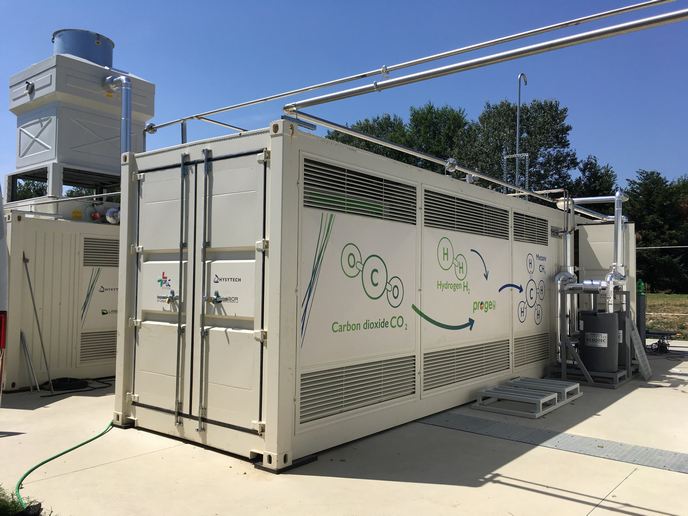Effects of taxation in time of financial distress
The project PROGTAX (Effects of progressive taxation on economic growth, labor supply and income inequality) has provided policy makers with key insights on distributional issues. Work was undertaken from a theoretical perspective and sheds light on critical relationships among progressive income taxes, economic growth and income distribution. The researchers developed a baseline theoretical model to study the dynamic effects of tax policy changes. The model helped to produce insights regarding the nature of dynamic responses to the progressivity of tax policy by different income groups. It also generated knowledge on the aggregate response of the economy. A major finding was that, overall, an increase in progressivity involves a long-run trade-off between growth and inequality. Project research showed, however, that there tax schedule changes can be made in a way that maintains initial growth rate and still reduces long-run inequality. Different income groups have sharply contrasting responses, and so a focus on economy-wide averages does not provide a complete picture. A manuscript outlining this model is under review for publication in the Journal of Public Economic Theory. The findings of one project study (using a version of the baseline model and focusing on Germany and the United States) suggest that the degree of progressivity is a major factor in explaining patterns of labour supply over time. Study results have been published in the Journal of Economic Dynamics & Control. Another study applying the model looked at flat tax reforms and explored the effects of adopting two revenue-neutral tax reforms on equity, efficiency and societal welfare. Yet another version of the baseline model included productive government spending and informal production. Including informality offers a more complete picture of the dynamic responses of households and a better understanding of the effects of tax policy in countries with large informal sectors (e.g. Greece, Italy, Turkey). PROGTAX's theoretical models and their applications can be used to analyse and assess aggregate and distributional effects of income tax policy with respect to major socioeconomic issues. They hold for both Europe and the United States and support policy decision making relevant to trade-offs among progressive income taxes, economic growth and distributional concerns.






